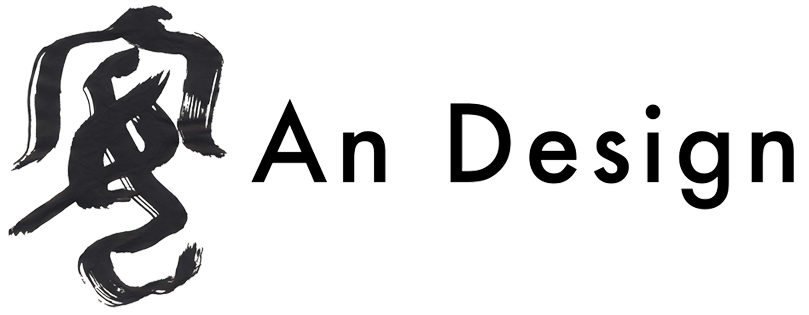What is the role of an artist?
A commentary on this topic can be found in the following excerpt from “Zen and Japanese Culture” by Daisetsu T. Suzuki:
Fukuda Chiyo-ni (1703-75), the haiku poetess Kaga, wishing to prove herself in the art, called upon a noted haiku master of her day who happened to visit her town. She was already known among her friends as a fine composer of haiku. But she was not satisfied with a merely local fame; not only that, what urged her to see the traveling poet was the question of her creative activity. She wished to know what constituted a genuine haiku, a haiku really worth noting as such, a haiku of truly poetic inspiration.
Fukuda Chiyo-ni
He gave her a subject about which she might write a haiku poem. It was a conventional one, "the cuckoo." This is one of the birds very much liked by the Japanese poets of haiku as well as of waka; one prominent characteristic of this bird is that it sings in the night as it fies, and for this reason poets find it very difficult to hear it cry or see it fly.
One of the waka poems on the cuckoo reads:
Hototo-gisu
Nakitsuru kata wo
Nagamureba,
Tada ariake no
Tsuki zo nokoreru.
Hearing a cuckoo cry
I looked up in the direction
Whence the sound came:
What did I see?
Only the pale moon in the dawning sky.
Cuckoo and Pine Tree with Full Moon by Utagawa Hiroshige (1844)
Chiyo now tried several haiku on the subject given by the master but he rejected every one of them as merely conceptual and not true to feeling. She did not know what to say, how to express herself more genuinely. One night she went on cogitating on the subject so intently she did not notice at all that it was already dawning and that the paper screens had begun to light up faintly, when the following haiku formed itself in her mind:
Hototo-gisu,
Hototo-gisu tote,
Akenikeri!
Calling "cuckoo," "cuckoo,"
All night long,
Dawn at last!
When this was shown to the master, he at once accepted it as one of the finest haiku ever composed on the cuckoo. The reason was that the haiku truly communicated the author's genuine inner feeling about the hototogisu and that there was no artificial or intellectually calculated scheme for any kind of effect; that is to say, there was no "ego" on the part of the author aiming at its own glorification.
Haiku, like Zen, abhors egoism in any form of assertion. The product of art must be entirely devoid of artifice or ulterior motive of any kind. There ought not to be any presence of a mediatory agent between the artistic inspiration and the mind into which it has come. The author is to be an altogether passive instrument for giving an expression to the inspiration.



